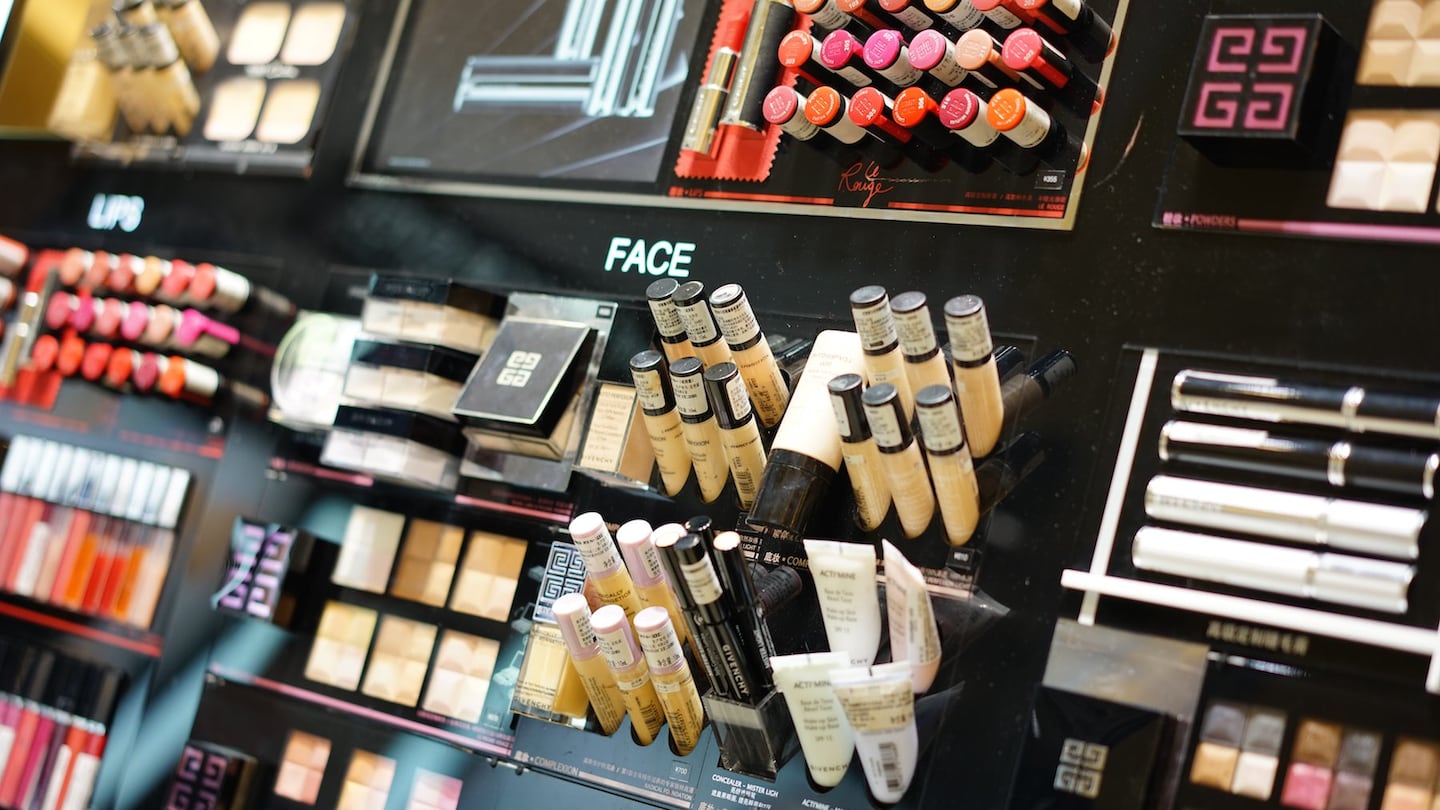
The Business of Fashion
Agenda-setting intelligence, analysis and advice for the global fashion community.

Agenda-setting intelligence, analysis and advice for the global fashion community.

NEW YORK, United States — Cosmetics giant Sephora became the first major retailer to sign onto a pledge to dedicate 15 percent of its shelf space to products from black-owned businesses.
The commitment is part of a “long-term plan diversifying our supply chain and building a system that creates a better platform for black-owned brands to grow,” the company said Wednesday in a statement. It also plans to improve black business owners’ access to venture capital and support their development.
The pledge adds financial muscle to the typical corporate vow of support for the black community. In the past week, many large companies have made statements in support of the Black Lives Matter movement.
The 15 Percent Pledge organisation, a grassroots group started in the wake of the civil unrest in response to the police killing of George Floyd in Minneapolis, has called on major retailers to join. The name refers to the proportion of the US population that is black.
ADVERTISEMENT
If the corporations sign the pledge, it would help “put $14.5 billion back into black communities,” according to the organisation’s website. Black-owned businesses often receive less investment and struggle to get connected to large distributors. During the coronavirus pandemic, black-owned businesses have been hit the hardest of all racial groups.
Sephora, owned by Paris-based LVMH, has more than 400 stores in the US and sells products from beauty brands like Marc Jacobs and Charlotte Tilbury. Sephora carries almost 300 brands, some of which are black-owned like Rihanna's Fenty.
“We know we have more work to do and we encourage other businesses to take the pledge and help drive change for black businesses and communities,” Sephora said in a post on Instagram.
By Jordyn Holman and Gerald Porter Jr.
The San Francisco-based company is hoping to tap growing consumer demand for financing for cosmetic treatments among other services.
Once thought of as long-term disruptors who would change the way we shop forever, multi-brand online retailers that sell cosmetics, skincare, fragrance and more are facing multiple headwinds.
Prestige makeup is fashion’s category expansion du jour. But even the market’s most powerful players could learn a thing or two from its celebrity-backed competition.
Shining light on the $12.3 billion SPF boom.